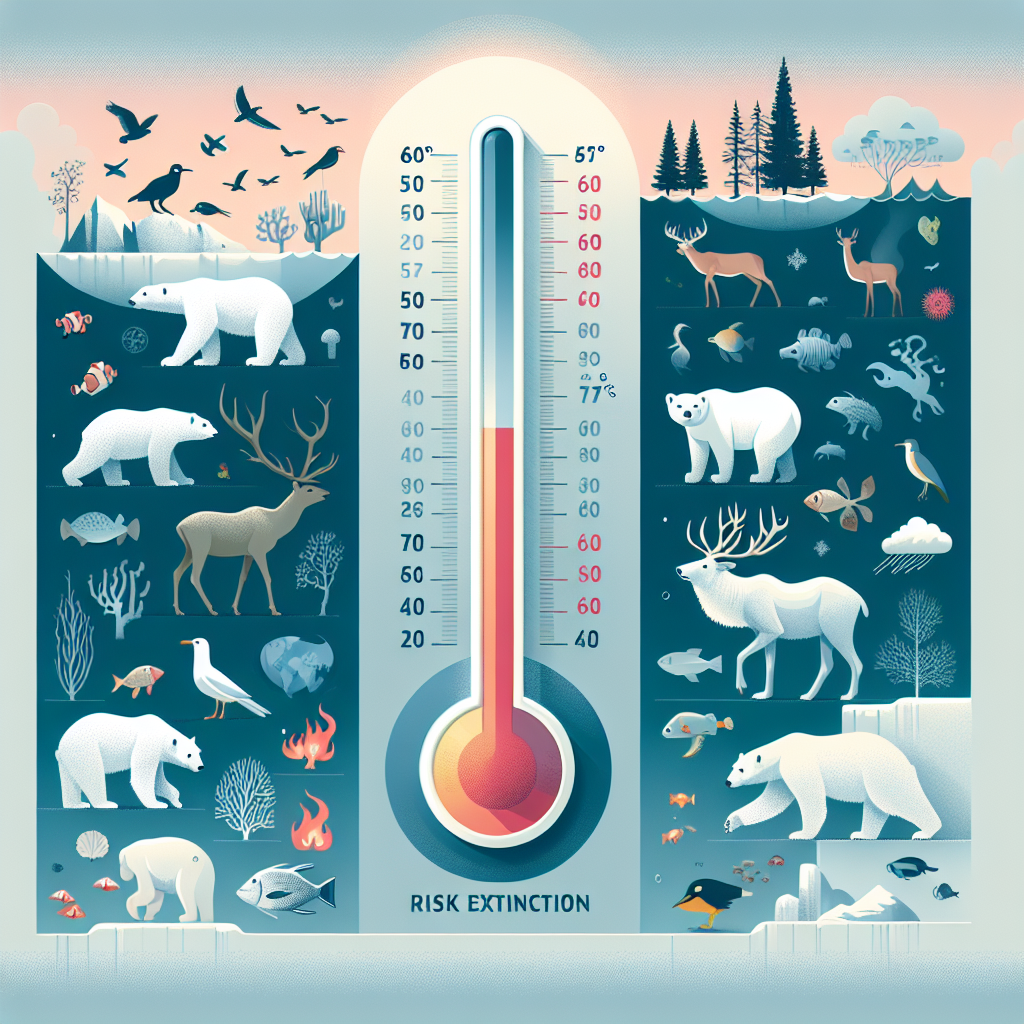Two Kea birds, native to Arthurs Pass in the South Island of New Zealand, are facing a threat to their survival. The species is listed as threatened in their home country, and one of the reasons for this is climate change. As temperatures rise, these birds, which rely on a specific mountain tree for their food, are being forced to move higher up the mountain to track their microclimate. However, this “escalator to extinction” has its limits, and eventually, there will be nowhere else for them to go.
In a recent study published in the journal Science, biologist Mark Urban from the University of Connecticut analyzed hundreds of studies on how different species might respond to climate change. His findings are concerning, especially at higher levels of warming. If we can limit global warming to 1.5 degrees Celsius, only 1.8% of species will be at risk of extinction by the end of the century. However, if we fail to control warming and it reaches four or five degrees Celsius, as many as 30% of species could be at risk.
According to Urban, each species is like a book of knowledge, with unique adaptations and solutions to life’s challenges. Losing these species would be like burning these books before we have a chance to read them. However, there are still many unknowns and complexities in how species will respond to extreme climate change, and this analysis may be the best-case scenario of the worst-case scenario.
Biological data scientist Cristian Román-Palacios from the University of Arizona, who was not involved in the study, points out that there are many rare and understudied species that may be even more vulnerable to climate change. Additionally, ecosystems may collapse if they lose too many species. Despite these uncertainties, studies like this are crucial in understanding the potential impacts of climate change on biodiversity.
In conclusion, it is essential to take action to limit global warming and protect the diverse and valuable species on our planet. By understanding the potential consequences of climate change on biodiversity, we can make informed decisions and work towards a more sustainable future.

